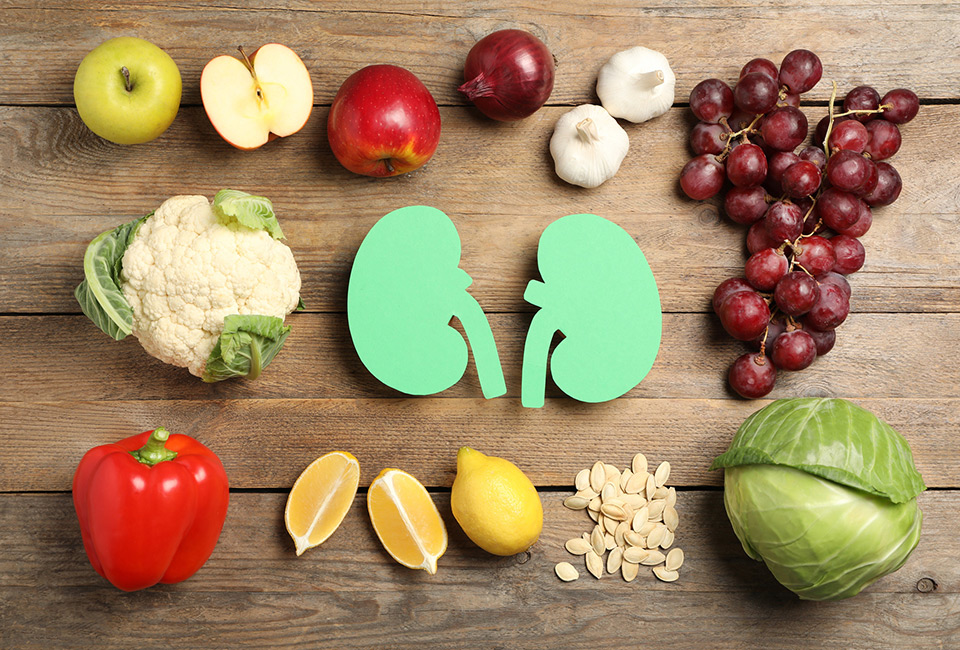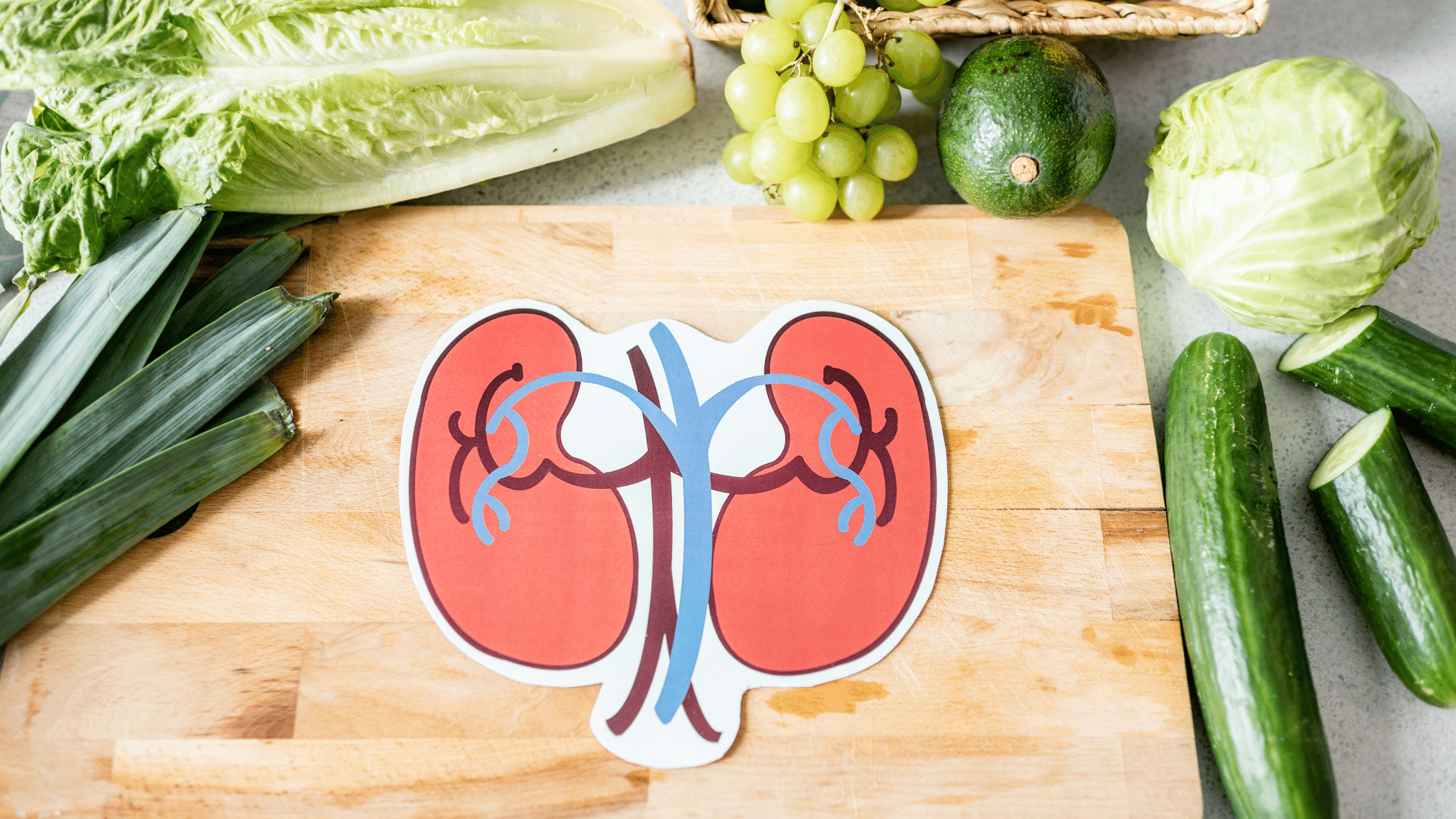Nourishing Your Kidneys: The Best Diet for Kidney Health
Maintaining kidney health is crucial for overall well-being. Your kidneys play a pivotal role in filtering waste and excess fluids from your blood, regulating blood pressure, and balancing electrolytes. A balanced diet tailored to support kidney function is essential for preventing kidney disease and managing existing conditions. Here are four crucial tips to keep in mind when considering the best diet for healthy kidneys.
Read more: The Many Benefits of Chia Seeds Including Weight Loss
- Monitor Your Protein Intake: Protein is an essential nutrient for building and repairing tissues, but excessive protein consumption can strain the kidneys. When protein is broken down, it produces waste products that must be filtered by the kidneys. For individuals with healthy kidneys, a moderate protein intake is generally safe. However, for those with kidney disease or reduced kidney function, monitoring protein intake becomes critical.

Opt for high-quality protein sources such as lean meats, poultry, fish, eggs, and plant-based proteins like beans, lentils, and tofu. These sources are lower in phosphorus and potassium, which are minerals that individuals with kidney disease need to limit. Consult with a healthcare professional or a registered dietitian to determine the appropriate amount of protein for your individual needs based on your kidney function and overall health.
Read more: The Many Benefits of Chia Seeds Including Weight Loss
- Limit Sodium Intake: Sodium, commonly found in table salt and processed foods, can lead to high blood pressure and fluid retention, putting extra strain on the kidneys. Monitoring sodium intake is essential for maintaining healthy blood pressure and kidney function. Aim to consume less than 2,300 milligrams of sodium per day, and even lower if you have hypertension or kidney disease.
To reduce sodium intake, choose fresh, whole foods over processed and packaged foods. Incorporate herbs, spices, and lemon juice to add flavor to your meals without relying on salt. When buying canned goods, opt for low-sodium or no-salt-added varieties, and rinse canned beans and vegetables under running water to reduce sodium content further.

- Focus on Heart-Healthy Fats: Healthy fats play a crucial role in promoting heart health, which is closely linked to kidney health. Monounsaturated and polyunsaturated fats, found in foods like avocados, nuts, seeds, and olive oil, can help lower cholesterol levels and reduce the risk of heart disease. Including these fats in your diet in moderation can benefit both your heart and kidneys.
Avoid trans fats and limit saturated fats, which are commonly found in processed snacks, fried foods, and fatty cuts of meat. Instead, prioritize sources of healthy fats and incorporate them into your meals in reasonable portions. Remember that while fats are essential for overall health, moderation is key to maintaining a balanced diet.
Read more: Get Better Health With These 8 Best Nuts For Your Diet!
- Stay Hydrated with Water: Proper hydration is vital for kidney function, as it helps flush toxins and waste products from the body. Drinking an adequate amount of water also prevents dehydration, which can strain the kidneys and lead to kidney stones or urinary tract infections. While staying hydrated is essential, individuals with kidney disease may need to adjust their fluid intake based on their doctor’s recommendations.
Aim to drink enough water throughout the day to maintain a pale-yellow urine color, which indicates adequate hydration. However, be mindful not to overhydrate, as excessive fluid intake can burden the kidneys, especially for individuals with impaired kidney function. If you have kidney disease or are on dialysis, consult your healthcare provider to determine the appropriate fluid intake for your condition.
We’re now on WhatsApp. Click to join.
Conclusion
A balanced diet plays a crucial role in supporting kidney health and preventing kidney disease. By monitoring protein intake, limiting sodium consumption, focusing on heart-healthy fats, and staying hydrated with water, you can promote optimal kidney function and overall well-being. Remember to consult with a healthcare professional or a registered dietitian to personalize your diet plan based on your individual needs and health status. Nourishing your kidneys with the right nutrients is key to maintaining lifelong kidney health.
Like this post?
Register at One World News to never miss out on videos, celeb interviews, and best reads.








